Reading practice Reading Worksheets for Ages 3-6
5 filtered results
-
From - To
Unlock your child’s potential with our engaging Reading Practice Worksheets designed for ages 3-6! Our carefully crafted materials promote early literacy skills, helping little learners identify letters, sounds, and sight words through fun activities. Each worksheet offers vibrant illustrations and age-appropriate exercises that captivate young minds, fostering a love for reading. Whether at home or in the classroom, these resources are ideal for reinforcing foundational skills and boosting confidence. Explore our extensive collection of printable worksheets that cater to diverse learning styles, ensuring every child can thrive in their reading journey. Start building a strong foundation for lifelong learning today!
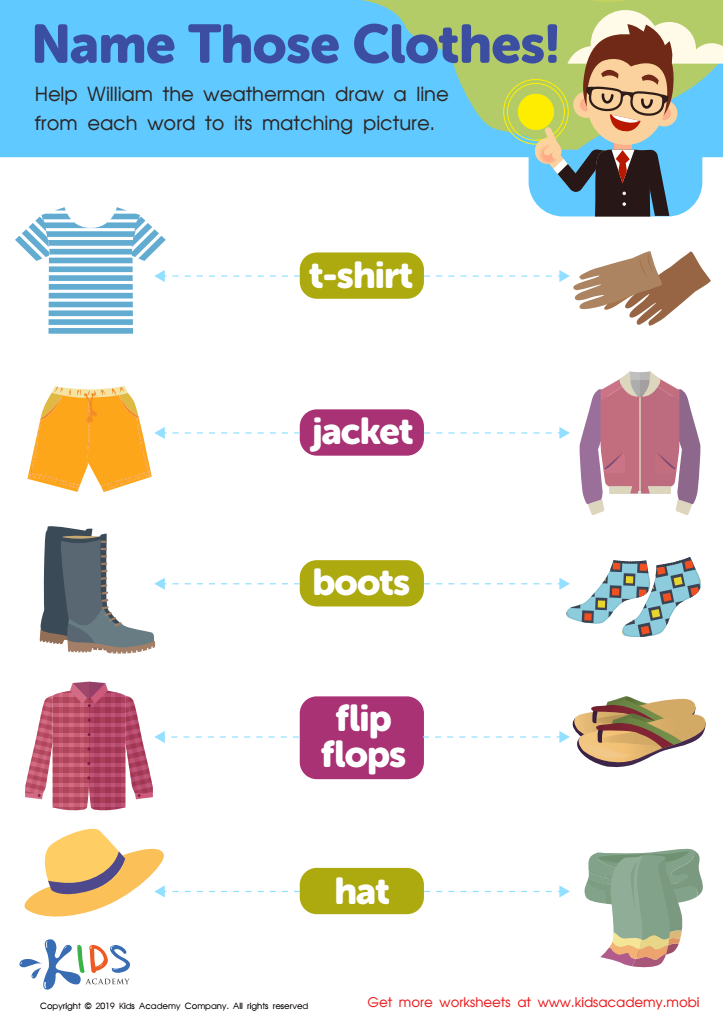

Name Those Clothes Worksheet
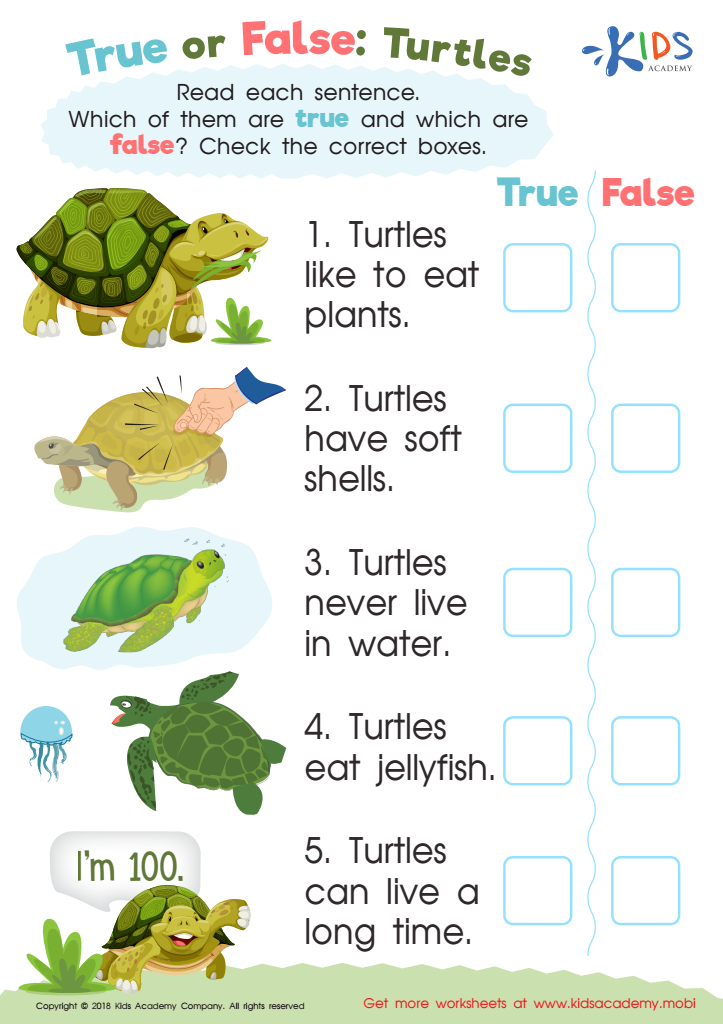

True or False: Turtles Worksheet
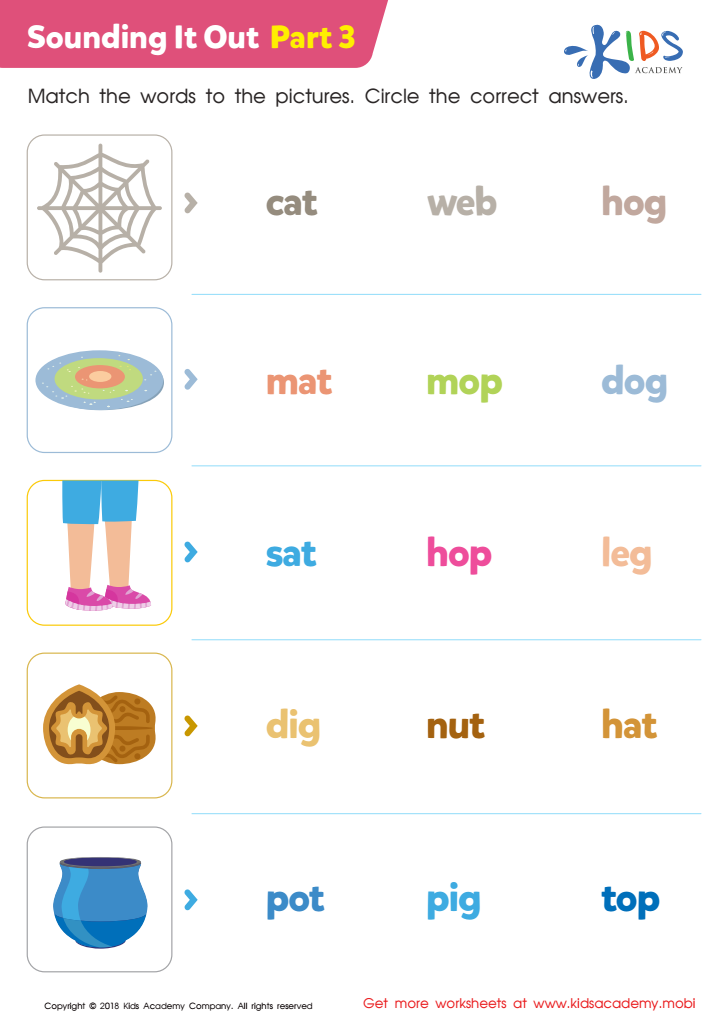

Sounding it Out: Part 3 Worksheet
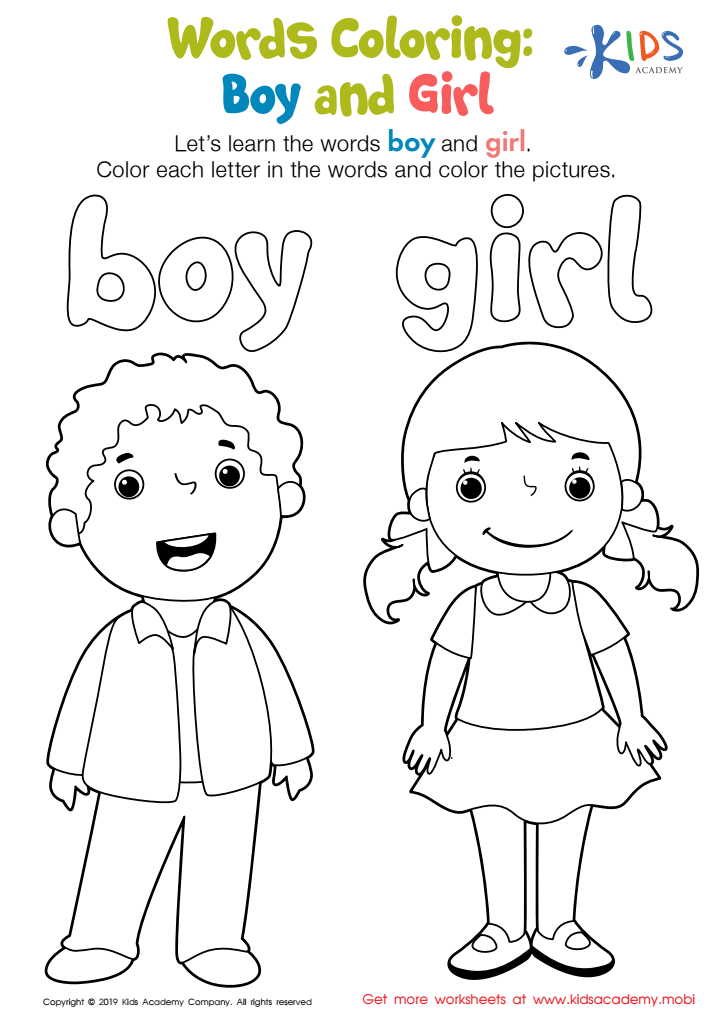

Boy and Girl Words Coloring Worksheet
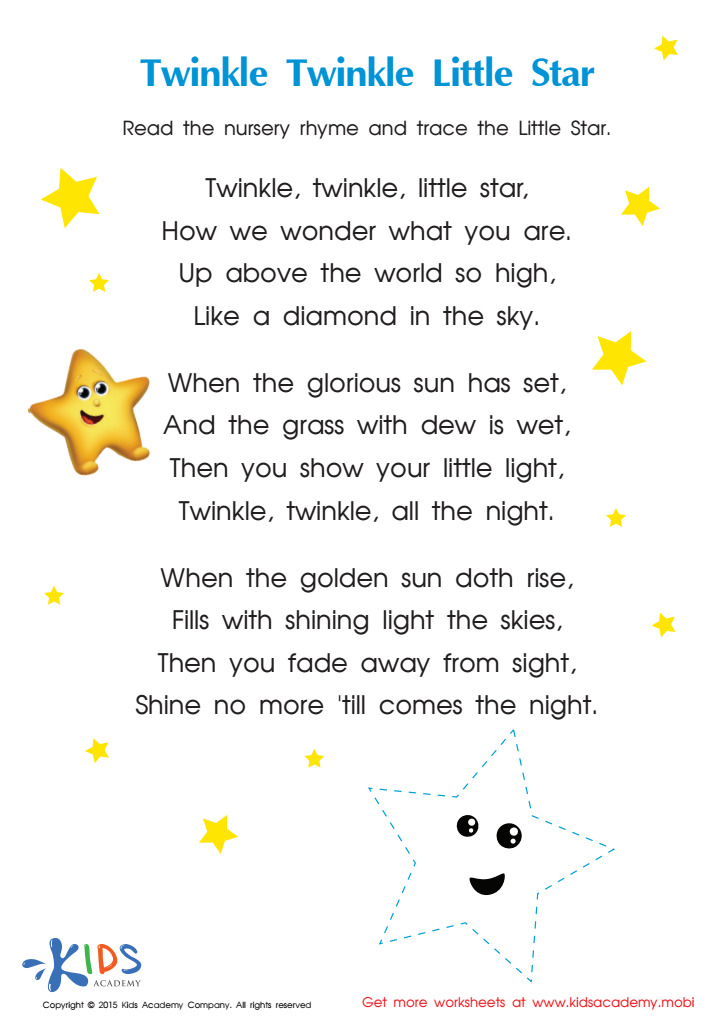

Nursery Rhymes: Twinkle Little Star Worksheet
Reading practice for ages 3-6 is critical for several reasons, deeply impacting a child's cognitive and social development. At this young age, children's brains are in a rapid state of growth, making it an ideal period for developing foundational literacy skills. Engaging in reading helps children expand their vocabulary, improve comprehension, and develop critical thinking skills that are essential for their future educational success.
Moreover, reading practice fosters a love for learning and exploration. It introduces children to new concepts, cultures, and experiences, allowing them to build empathy and understanding for others. Through storytelling, children can also enhance their imagination and creativity, skills that are beneficial in all areas of learning.
Additionally, regular reading practice strengthens the bond between parents and children and promotes social skills through discussions about stories. Involving parents in reading not only supports literacy development but also builds routines and reinforces positive habits.
For teachers, encouraging reading practice in classroom settings enhances curriculum goals, promotes engagement, and develops a community of young learners eager for academic challenges. Overall, fostering a reading culture in early childhood provides children with the tools they need to succeed both inside and outside the classroom.
 Assign to My Students
Assign to My Students







.jpg)

.jpg)












